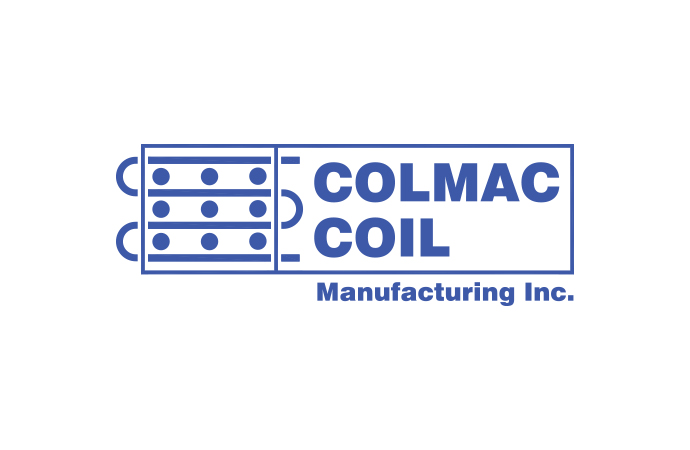In a webinar organised by UNEP OzonAction on March 19, 2013, academic researchers, panellists from several UNEP Ozone Units, and industry associations, shared their experiences with regards to the training and certification of technicians in the European refrigeration and air conditioning industry. Stakeholders across the HVAC&R industry agree that training and certification in natural refrigerants are needed more and more as their use increases.

The UNEP OzonAction webinar was organised on March 19, 2013 and titled: “Training and Certification Schemes for Refrigeration and Air-Conditioning Technicians”. Panellists shared their experiences and the current challenges when it comes to the training and certification of HVAC&R technicians. Mr. Marco Buoni from AREA (the European association of refrigeration, air conditioning and heat pump (RACHP) contractors) told ammonia21.com that Europe needs a scheme to help regulate training on natural refrigerants.
European-wide increase in use of naturals requires comprehensive training on CO2, hydrocarbons and ammonia
Mr Buoni said that the European Commission F-Gas Regulation revision could include measures in favour of a decreased use of HFCs in refrigeration, air conditioning and heat pumps. Such measures would, in turn, result in an increased use of alternatives, namely low GWP (global warming potential) refrigerants, and in particular the so-called “natural refrigerants” (CO2, hydrocarbons and ammonia). If the use of HFCs is legislatively decreased and consequently the use of natural refrigerants is pushed, there will be a gap between the training offered and training needs, resulting in a shortage of trained contractors, said Mr Buoni.
ammonia21.com asked the panellists how they would evaluate the current training and certification of natural refrigerants in European countries. Mr. Marco Buoni from AREA said: “In Europe there are a lot of different kinds of training available for CO2, ammonia, hydrocarbons, especially in the UK, France and Northern Europe where natural refrigerants are more and more used. What is missing at the moment is the certification scheme and that is what AREA is working on now.”
Technician training and certification could bring new business opportunities for the industry
Mr Halvart Koppen, coordinator of the UNEP Regional Ozone Network in Europe & Central Asia presented on the current training and certification situation for refrigeration and air-conditioning technicians in Eastern Europe and Central Asia.
Mr Koppen stressed that the reduction of greenhouse gas (GHG) emissions could not be achieved solely by selecting the most energy efficient, climate and ozone friendly refrigerants, but would also require proper servicing and maintenance to ensure equipment operates at maximum efficiency. It is therefore very important to provide training and certification to technicians. In terms of investment, Mr Koppen said that the: “certification and training of technicians is the investment of companies to stay in business and to remain competitive in future. The training and certification scheme for technicians also provides new business opportunities for providers of training, e-learning and system services.”
Croatia an Turkey have created national HVAC&R technician training and certification systems
Speakers from Croatia and Turkey also presented their national training and certification systems for refrigeration and air conditioning technicians. Mr Tonko Curko, a researcher form Zagreb University introduced the Development of the ODS/F-GAS Certification System in Croatia. As part of the certification system, three-day training courses are organised in four training centres. All technicians that successfully complete the course are awarded a Certificate of Training. Croatia has established a relatively comprehensive national training and certification system for refrigeration and air conditioning technicians.
Kadir Isa, Assistant Professor of Istanbul University introduced the importance of training and certification to improve energy efficiency. For Mr Isa having well-trained technicians is crucial for the sustainable development of Turkey’s refrigeration and air conditioning industry. Mr Isa stressed that demands for well-trained technicians with new skills will be created as new ‘green-collar’ occupations emerge to support adaptation to, and mitigation of, climate change in Turkey. In terms of training methods, Apart from the necessary on-going evolution of training courses, the Turkish refrigeration and air conditioning industry also needs adequate life-long learning and on-the-job training systems.
MORE INFORMATION
Related stories


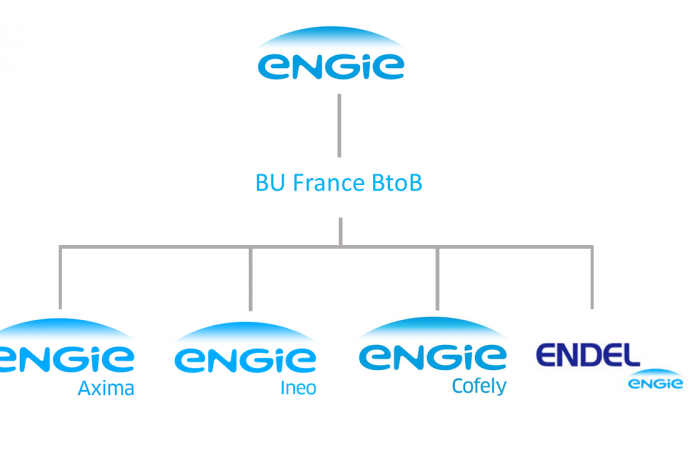
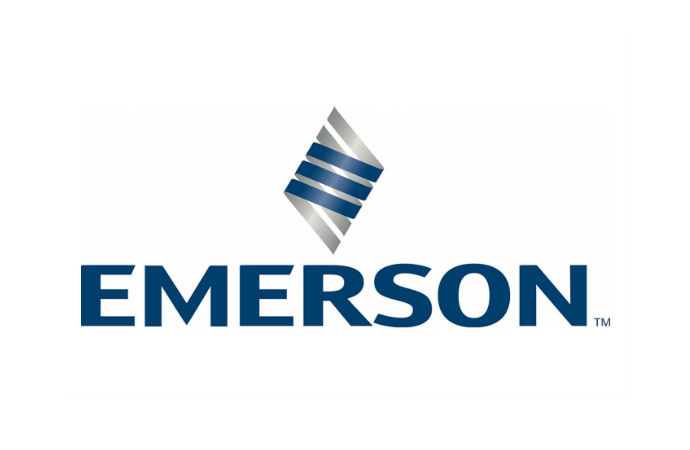
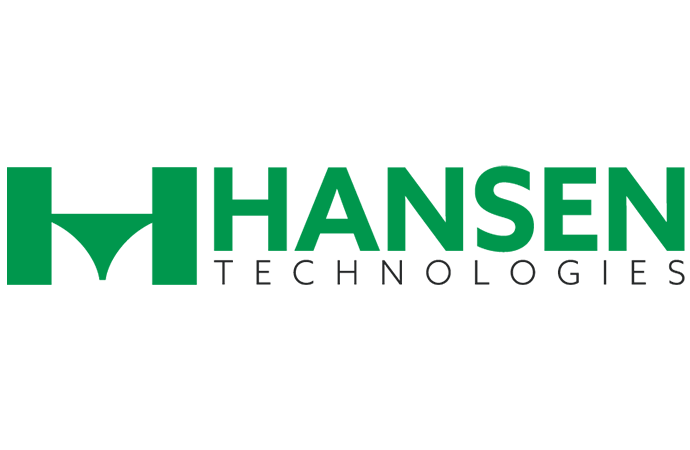
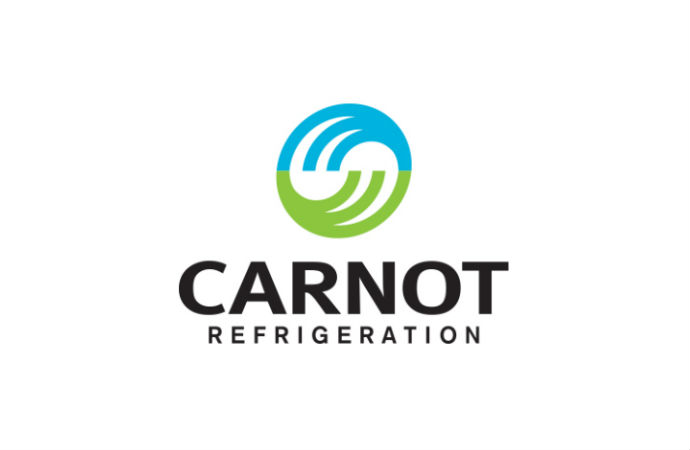
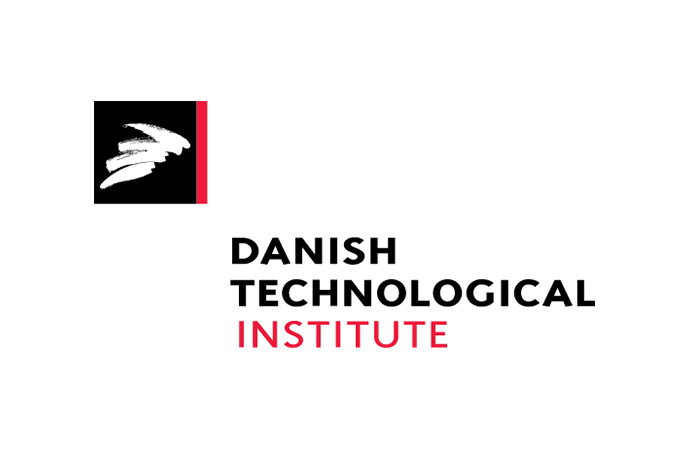


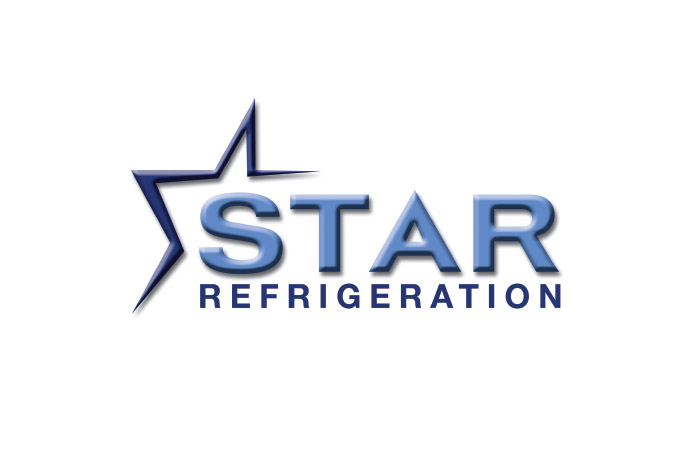
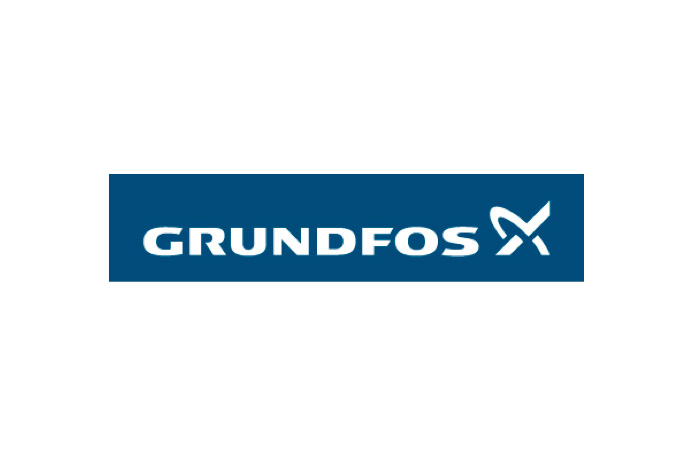


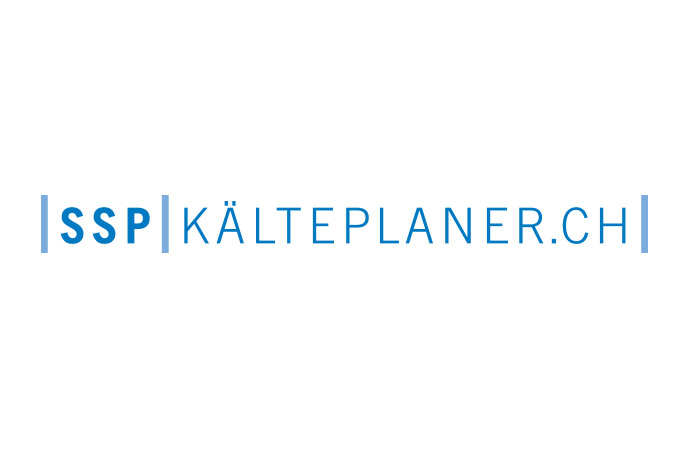
_1522327086.png)



